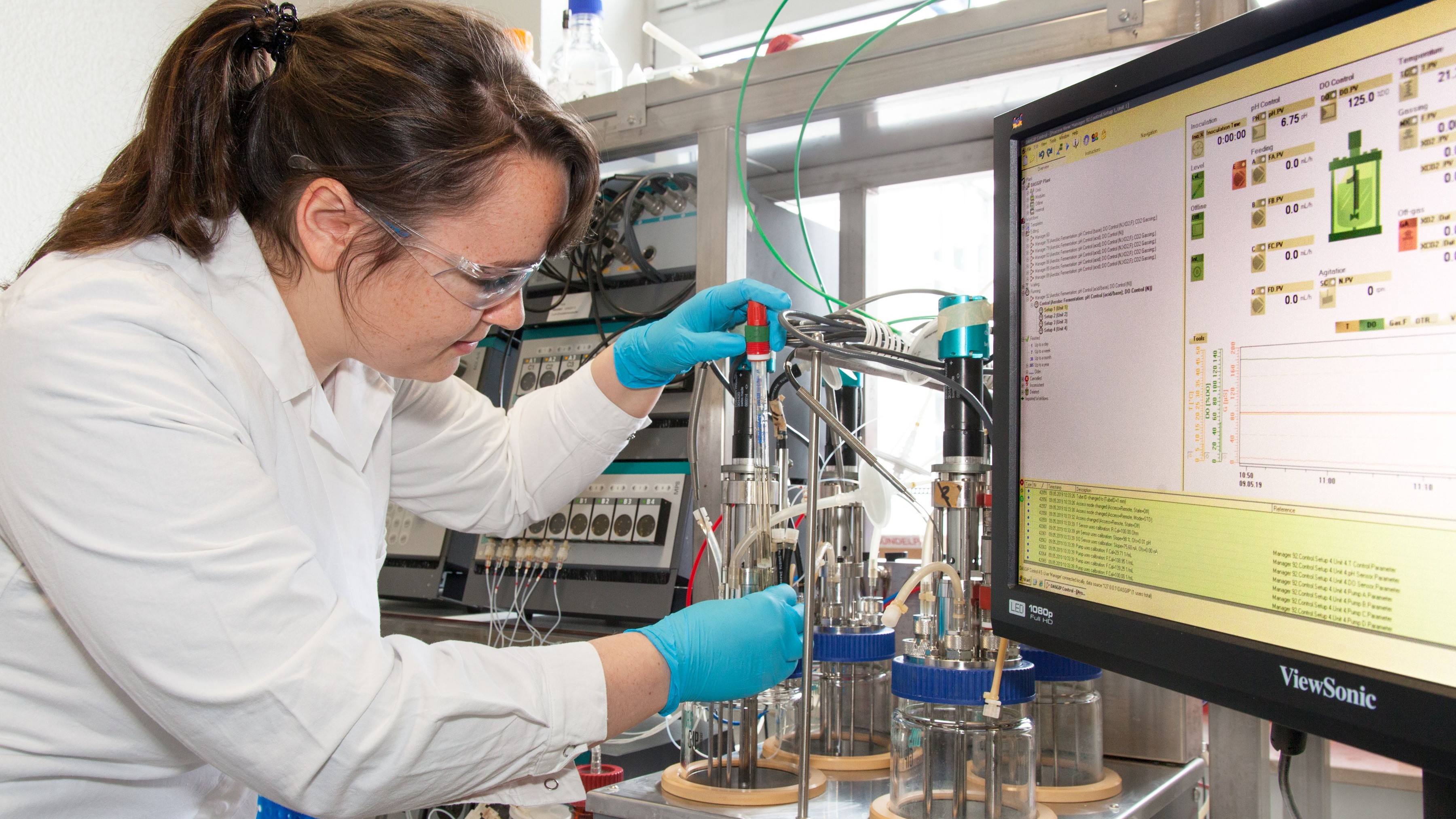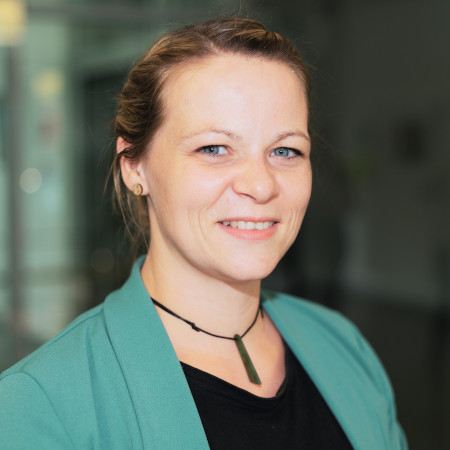Zuse-Institutes establish Bioeconomy Cluster
In a new bioeconomy cluster, 15 institutes of the Zuse-Gemeinschaft are combining their activities in order to promote industrial research for a biobased economy.

The Zuse-Gemeinschaft, an association of private sector research institutions, intends to focus more on applied bioeconomic research. To accomplish this, the industrial research community has now founded the Bioeconomy Cluster, which initially includes 15 of the 75 institutes. "We live in a world of limited resources and unexploited opportunities," said Martin Bastian, President of the Zuse-Gemeinschaft, explaining the decision.
Based on Germany's bioeconomy strategy
Thematically, the new cluster is to be based on the structure set out in the German government's National Bioeconomy Strategy: biological knowledge, innovative technologies, biogenic raw material base and recycling management as well as sustainability assessments and traceability. In concrete terms, the new cluster's mission statement names the topics of agriculture, nutrition, construction, textiles, energy, forestry, water management, health, consumer products, industrial products, resource conservation, recycling, logistics and mobility.
Networking and focusing
The formation of clusters is intended to contribute to a stronger networking of the member institutes of the Zuse-Gemeinschaft on bioeconomy topics in terms of content and organization, to shift the focus in this direction and to increase the external visibility of bioeconomy research in the Zuse-Gemeinschaft. "In the bioeconomy cluster, institutes of the Zuse-Gemeinschaft bring together their knowledge of biology and their ideas for biobased technologies and products," says cluster coordinator Jens Schrader from the DECHEMA Research Institute in Frankfurt am Main, summing up the new approach. This creates valuable synergies and presents itself as a "strong community in this future field".
Research for medium-sized companies
"In the current economic crisis caused by Corona, German industry has the opportunity and necessity to focus more on innovation," emphasized Bastian. Traditionally, the Zuse-Gemeinschaft focuses on application-oriented research for small and medium-sized companies. In the field of bioeconomy, the practice-oriented innovations from the Zuse-Gemeinschaft will help German companies to further increase their competitiveness. In addition to biobased technologies and products. the cluster also focuses on services.
Cluster Bioeconomy
DECHEMA Forschungsinstitut (DFI) • Deutsches Institut für Textil- und Faserforschung (DITF) • Deutsches Textilforschungszentrum Nord-West e.V. (DTNW) • Forschungsinstitut für Leder und Kunststoffbahnen gGmbH (FILK) • Hohenstein Institut für Textilinnovation gGmbH • Institut für Agrar- und Stadtökologische Projekte (IASP) • Institut für Holztechnologie Dresden (IHD) • ITW e.V. - Chemnitz Institut für innovative Technologien NMI Naturwissenschaftliches und Medizinisches Institut an der Universität Tübingen • Optotransmitter-Umweltschutz-Technologie (OUT e.V.) • PFI - Prüf- und Forschungsinstitut Pirmasens e.V. • Papiertechnische Stiftung (PTS) • RIF - Institut für Forschung und Transfer e.V. • SKZ - Das Kunststoff-Zentrum (FSKZ e.V.) • STFI - Sächsisches Textilforschungsinstitut e.V. • TFI – Institut für Bodensysteme an der Universität Aachen


